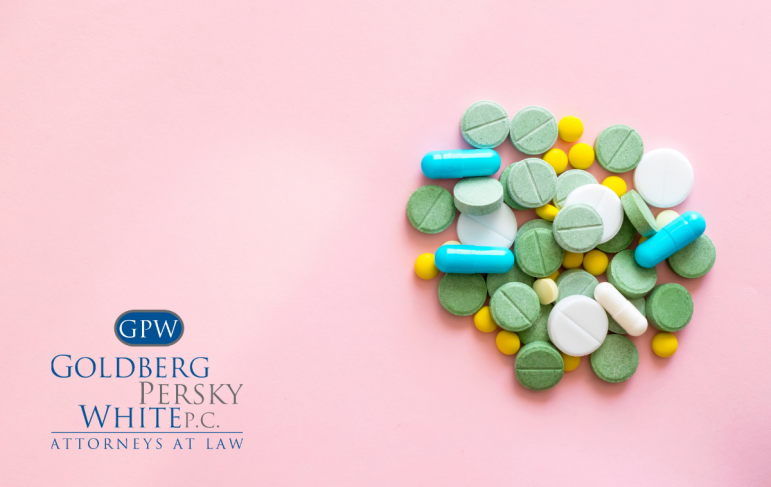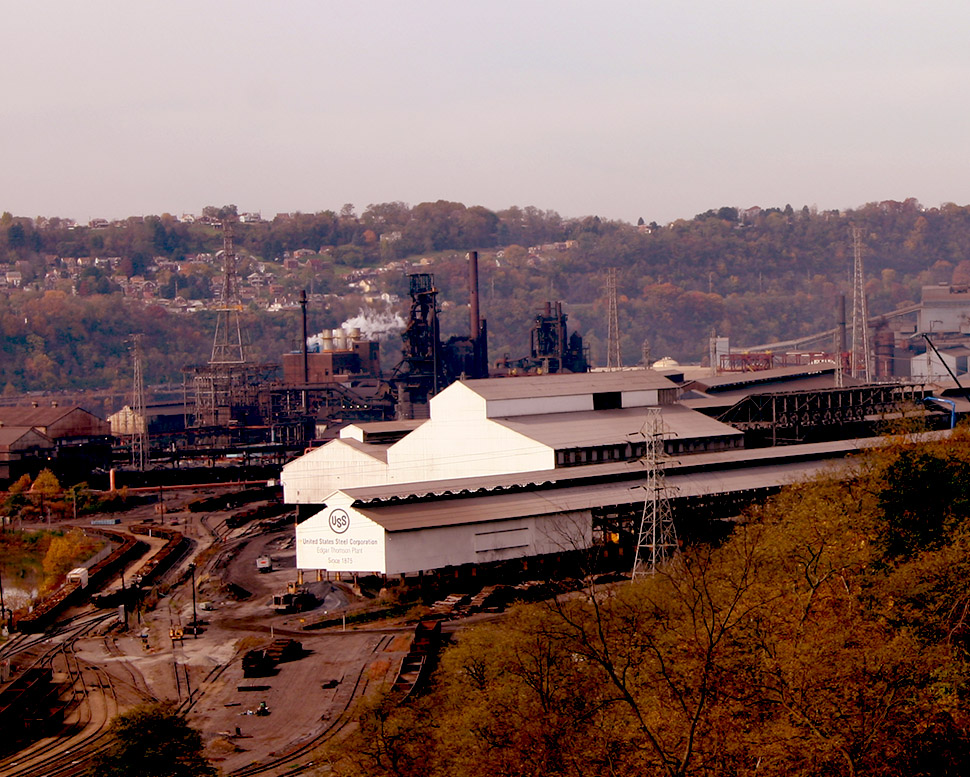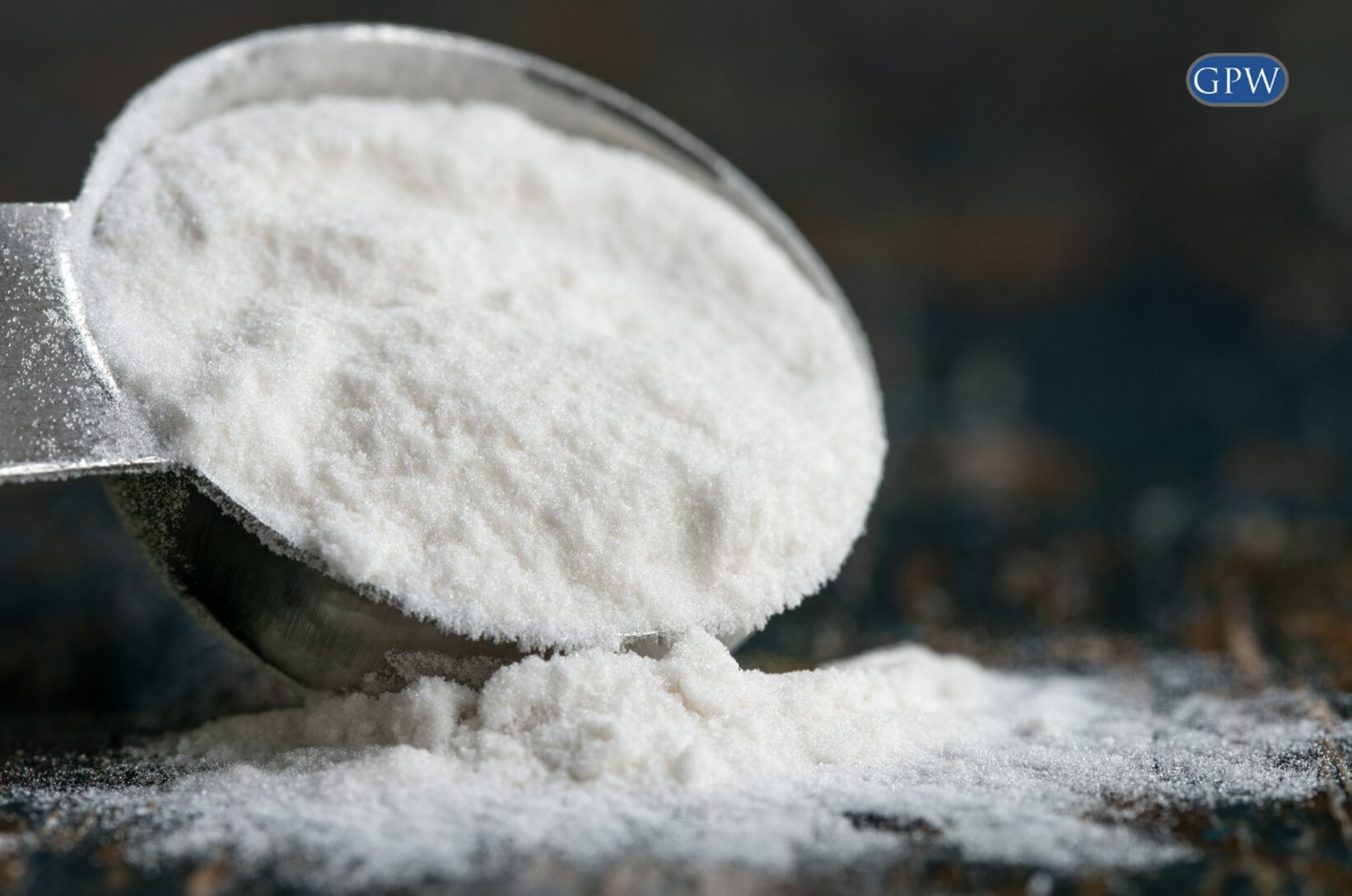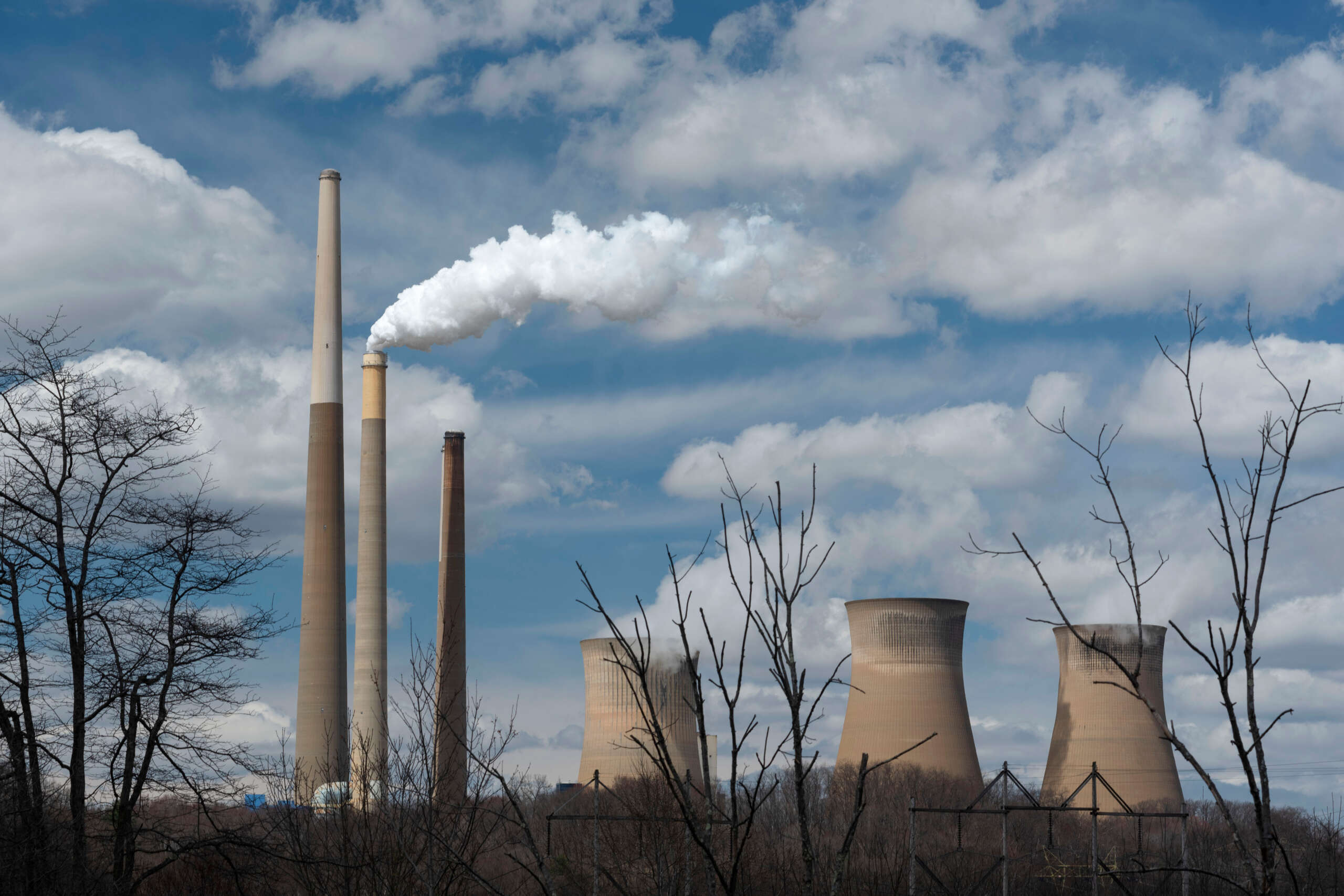Ibogaine Therapy Could Revolutionize Addiction Treatment
Ibogaine, a psychedelic made from the root of a shrub native to central Africa, is showing promising results as a treatment for opioid addiction. It is a strong drug that can leave people to trip for more than 24 hours and can lead to sudden cardiac arrest and death. There are startling findings related to ibogaine. A number of small studies have shown that between a third and two thirds of people addicted to opioids or crack cocaine who were treated in a therapeutic setting were effectively cured of their habits, many after a single session. Ibogaine does two things for patients. It quells the agony of withdrawal and cravings and gives patients a born-again style zeal for sobriety. Due to this, ibogaine is gaining interest from researchers that believe it has the ability to treat opioid use disorder.
The problem with ibogaine is that not many people have access to it. This is because it is illegal in the United States. To receive ibogaine therapy, patients have to go abroad to unregulated clinics that provide little medical oversight. Kentucky and Ohio are considering spending millions of dollars of opioid settlement money on clinical trials for ibogaine therapy. Federal drug researchers have also signaled that they are willing to allow the drug to be studied again, more than 40 years after they stopped research due to cardiac risk concerns.
A drug company called Atai Life Sciences is spending millions to research ibogaine. Congressional lawmakers from both parties have been pushing the government to allow ibogaine research for substance abuse, post traumatic stress disorder, and other mental health problems. One scientist says the drug is not a silver bullet and will not work on everybody, but it is the most powerful addiction interrupter she has seen. Another small study of military veterans with traumatic brain injuries who underwent a single session of ibogaine therapy had improvements in disability, psychiatric symptoms, and cognition. There were no adverse side effects in the 30 participants when followed for a month.
There are limitations with ibogaine therapy. Since it is a heavily regulated illegal substance, it is impossible to do the gold standard randomized trials necessary for clinical studies. Ibogaine can cause arrythmia (irregular heartbeat), which can lead to fatal cardiac arrest in severe cases. Some researchers are skeptical of the potential of ibogaine. One researcher says that the risks of cardiac events make ibogaine a poor candidate for regulatory consideration. People addicted to drugs are already in poor health and some would be ineligible for treatment.
There are ibogaine analogues being studied, which are chemically related compounds that could provide therapeutic benefits without the risks. Current treatments for opioid use disorder like methadone and buprenorphine are imperfect since half of all patients stop taking them after six months. The FDA would not comment on whether it would support ibogaine studies in the future, since federal law prohibits the agency from commenting on prospective investigational drug applications.
Expanding research on psychedelic medicine has shown that substances like MDMA and psilocybin mushrooms are effective at treating multiple mental health conditions like depression, anxiety, eating disorders, and post traumatic stress disorder. Oregon, Colorado, and more than a dozen U.S. cities have decriminalized psychedelic mushrooms and ketamine infusion clinics are popping up across the country.
One of the big obstacles of studying ibogaine is its classification as a Schedule I drug, which means it is classified as a compound that has “no currently accepted medical use and a high potential for abuse,” according to the Drug Enforcement Administration. Many researchers think this categorization is flawed. Researchers even believe that the heart risks associated with ibogaine can be mitigated. Utilizing pretreatment screening and cardiac monitoring, providers discovered that administering magnesium before and during treatment mitigated the risks. There are many success stories where clinics have given the drug to thousands of participants without any adverse reactions or deaths. One clinic gave it to 2,500 people and 72 percent of the patients maintained sobriety years after treatment.
Scientists are not exactly sure how ibogaine works on the brain. Neuroimaging suggests that it stimulates the growth of neurons and promotes neuroplasticity, which is the rewiring of the brain. This is the hallmark of psychedelic medicine. This growth usually only happens during childhood and steadily declines in adulthood. The growth happens in what is called the critical period. Psychedelics create a new critical period with longer psychedelic experiences leading to longer critical periods staying open. This could explain why ibogaine is so effective. It creates the longest psychedelic trip known to researchers.
Ibogaine therapy is not for everyone. One clinic in Brazil requires extensive preparation, including the abstaining from drugs for at least two weeks before treatment and several weeks of counseling before and after the treatment. People must be motivated to experience benefits.
Renewed interest in ibogaine therapy has been fueled by Americans who have sought treatment abroad and returned home with tales of overcoming addiction in as little as one session. A lot of them are military veterans, which has eased some of the resistance to psychedelic medicine.
Have you been affected by the opioid epidemic? Contact us today at 412-471-3980 or fill out our contact form to see if you could be entitled to compensation.




